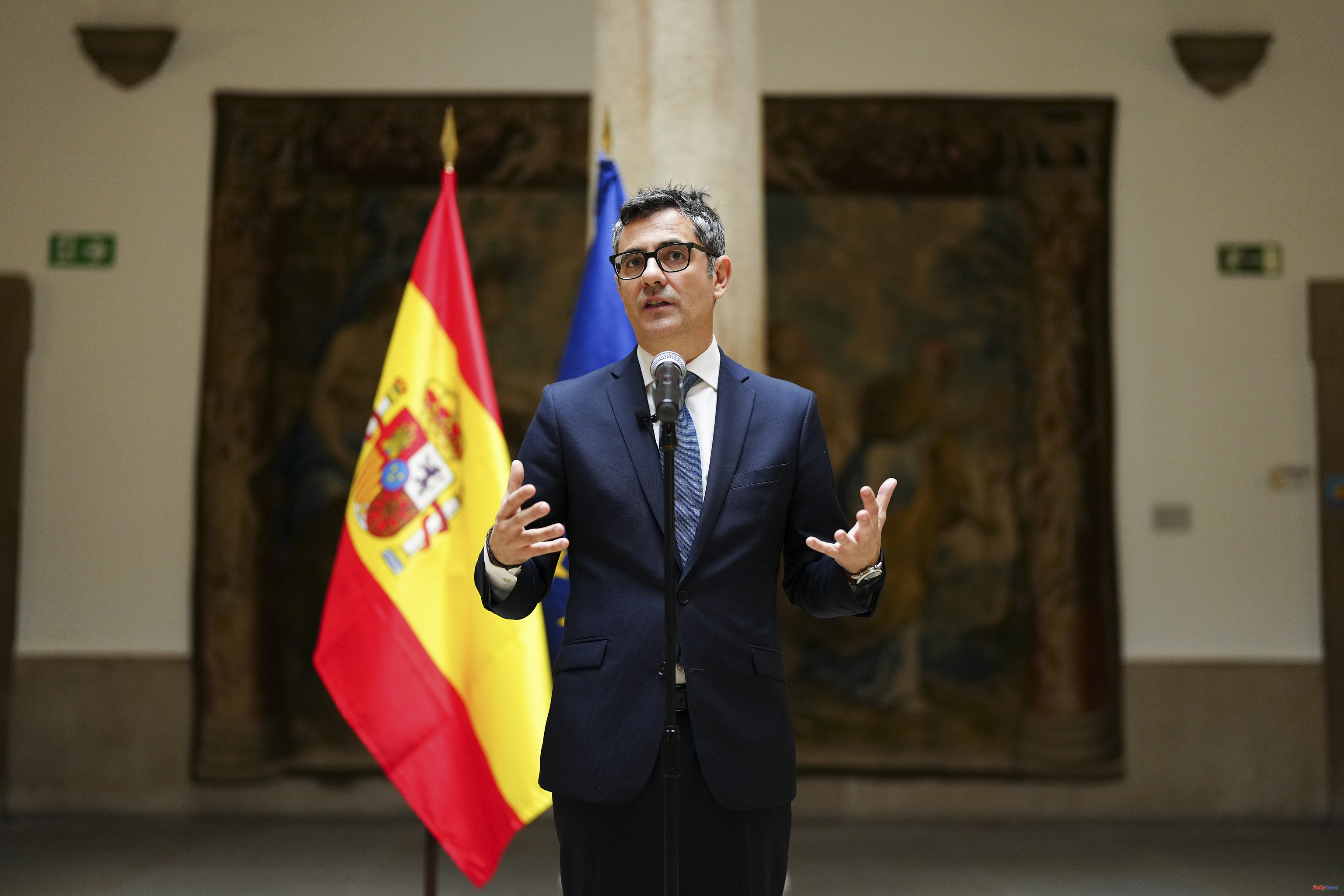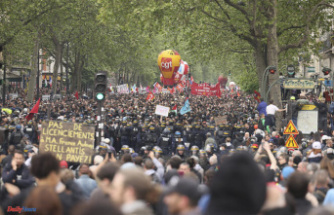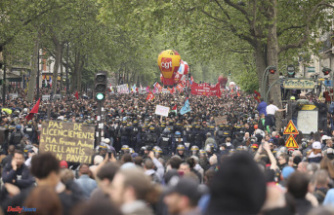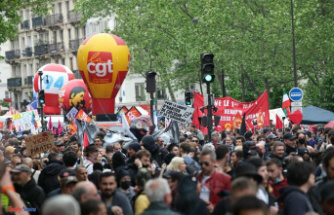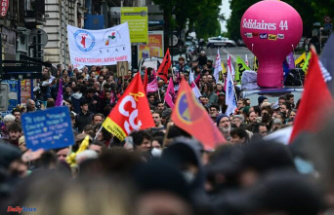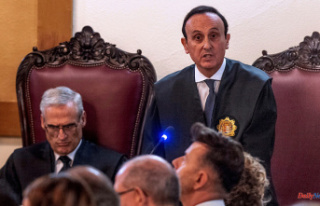The Catholic Church has renounced two tax exemptions from which it benefited to date and for which it did not pay Special Contributions or the Construction, Installations and Works Tax (ICIO), but it will continue without paying the Real Estate Tax (IBI). ), from which it is exempt by virtue of the Patronage Law, and which would really mean a significant increase in its contribution to public coffers.
The two exemptions to which he has renounced in practice are "minor", tax experts point out to this newspaper, and they will not mean a strong increase in the collection of the Tax Agency since "it will depend on the works carried out by the Church in municipalities have it implanted, while special contributions are very rare.
Even so, sources from the Episcopal Conference explain to EL MUNDO that the Church did not want to enjoy that privilege and that this has been transferred to the Government, with whom the agreement was staged yesterday. "These two taxes were real taxes and the Church was exempt from paying them due to the agreements. Although the ICIO was created after the agreements, when it was defined as a real tax, it was understood that the Church was exempt because it was real," they explain. , alluding to the agreements between the Holy See and the State signed in 1976 and 1979.
Asked by this newspaper, the Ministry of Finance says it does not have a calculation of how much the Tax Agency will be able to enter with this regulatory change, but it will be very little compared to what it would collect if the IBI were applied to the patrimony that the Church has in real estate and buildings in the center of all Spanish cities.
From the Episcopal Conference, however, they remember that the Church does not pay IBI for its properties because it is included in the Patronage Law, which grants tax benefits to institutions that provide a service to society. "Unions, embassies, parties, sports federations, development NGOs are also exempt... we have the same exemption as all the others for providing a service to society and being protected by the Law. If it is modified The Law and the Government say that all these institutions must start paying the IBI, we will do so, but it cannot be that the Church is made to pay the IBI and a union or a sports federation cannot, "they defend.
"The Church does not want privileges, but neither does it want discrimination. We had a small privilege with the ICIO and we have renounced it, but we do not want discrimination either," they point out.
The second vice president of the Government, Yolanda Díaz, has indicated on her Twitter account that "no one should have tax privileges, not even the Catholic Church" and has assured that the Government will work "to review the exemptions in the IBI from which it benefits" .
The agreement closed this Wednesday has been led by the Ministry of the Presidency and the Episcopal Conference, but since it interprets the agreements of the Church, signed between two states (the Vatican and Spain), it has been signed between the nuncio and the undersecretary of the Ministry of Foreign Affairs.
According to the criteria of The Trust Project

